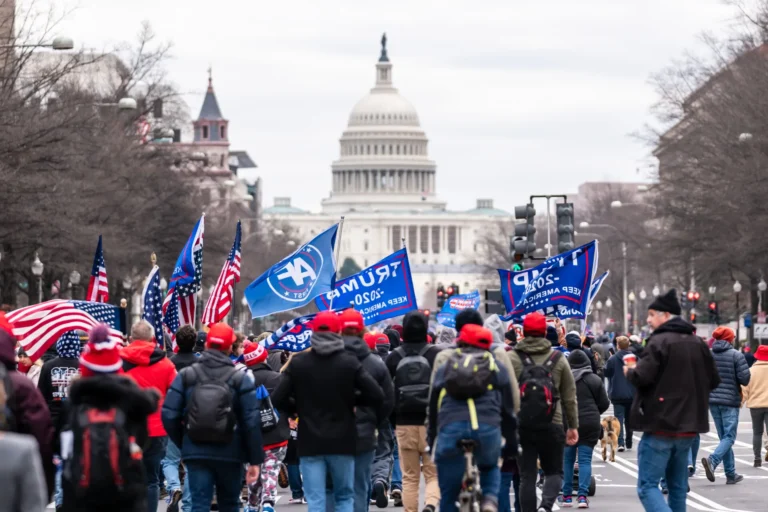By Cliff Montgomery – Oct. 22nd, 2014
The U.S. government still has not provided individuals wrongly placed on America’s ‘No Fly’ list a clear legal means by which they may remove their name from the directory – even though “several courts have found that placement on the No Fly list may impair constitutionally protected interests,” a recent federal study has declared.
“The Due Process Clause provides that no person shall be ‘deprived of life, liberty, or property, without due process of law.’ Accordingly, when a person has been deprived of a constitutionally protected liberty interest, the government must follow certain procedures,” added the study.
The 24-page report from the Congressional Research Service (CRS) is short and easy to understand, and it’s a fine primer for anyone who wants to know the truth about this very important matter.
The CRS study was published in September.
Below, The American Spark quotes the full summary of this important report:
“In order to protect national security, the government maintains various terrorist watch-lists, including the ‘No Fly’ list, which contains the names of individuals to be denied boarding on commercial airline flights.
“Travelers on the No Fly list are not permitted to board an American airline or any flight on a foreign air carrier that lands or departs from U.S. territory or flies over U.S. airspace.
“Some persons have claimed that their alleged placement on the list was the result of an erroneous determination by the government that they posed a national security threat. In some cases, it has been reported that persons have been prevented from boarding an aircraft because they were mistakenly believed to be on the No Fly list, sometimes on account of having a name similar to another person who was actually on the list.
“As a result, various legal challenges to placement on the list have been brought in court.
“The Department of land Security operates a redress process for people who encounter difficulties while traveling. The government’s policy, however, is never to confirm or deny whether someone is on the No Fly list – and the redress process does not provide travelers with an opportunity to contest their alleged placement on the No Fly list.
“Instead, the redress process consists of an administrative review by the government, which can be followed by an ex parte, in camera judicial review by a United States court of appeals.
“The Due Process Clause provides that no person shall be ‘deprived of life, liberty, or property, without due process of law.’ Accordingly, when a person has been deprived of a constitutionally protected liberty interest, the government must follow certain procedures.
“Several courts have found that placement on the No Fly list may impair constitutionally protected interests, including the right to travel internationally, and the government’s redress procedures must therefore satisfy due process.
“Typically, due process requires that the government provide a person with notice of the deprivation and an opportunity to be heard before a neutral party. However, the requirements of due process are not fixed, and can vary according to relevant factors.
“When determining the proper procedural protections in a given situation, courts employ the balancing test articulated by the Supreme Court in Matthews v. Eldridge, which weighs the private interests affected against the government’s interest.
“Courts applying this balancing test might consider several factors, including the severity of the deprivation involved in placement on the No Fly list. In addition, courts may examine the risk of an erroneous deprivation under the current procedural framework and the potential value of imposing additional procedures on the process.
“Finally, courts may inquire into the government’s interest in preserving the status quo, including the danger of permitting plaintiffs to access sensitive national security information.
“Resolution of the issue is currently pending as at least two federal courts have ruled that the government’s redress procedures for travelers challenging placement on the No Fly list violate due process. Litigation is further complicated by several legal hurdles, such as the state secrets privilege, that can bar plaintiffs from accessing certain information.”





